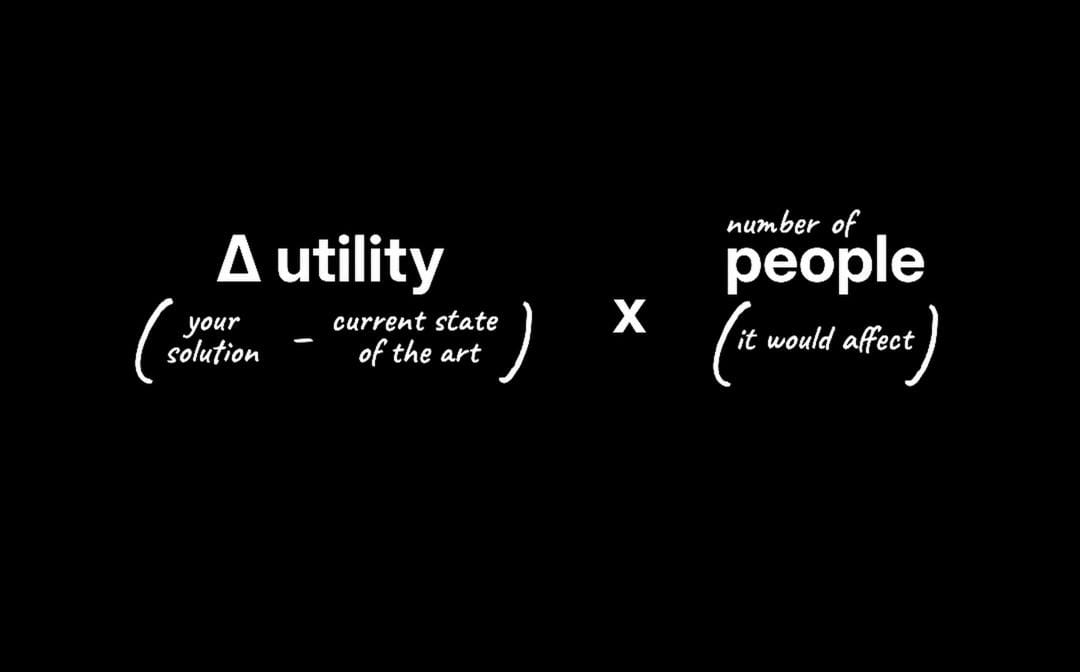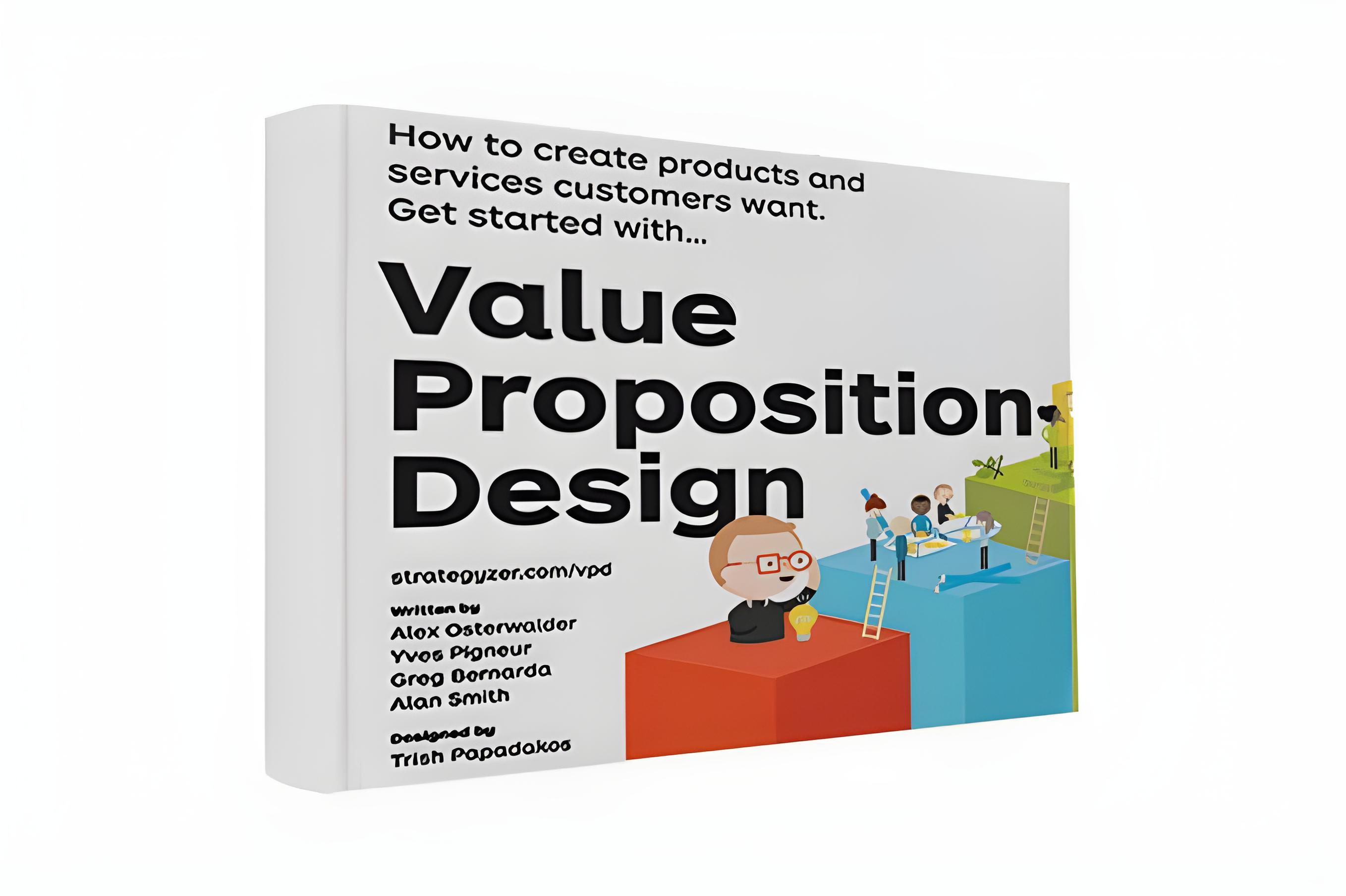Back
Nilotpal Chauhan
•
Pixelmira • 1y
A sense of what people will pay for is quite important when you start onto your venture. There are only two core propositions that make people pay for: - Value addition - Cost optimization While navigating through these, you should look for the propositions with high utility and the frequency of the utility. More often than not this is what your product or service is worth in the market. Earlier it was ticket size and the number of tickets in mainstream, we have redefined this for ourselves: Product's value = Frequency of utility * Value of the utility Both being higher will be best position. If any of them is growing at a higher-rate, you're about to have a great opportunity to scale exponentially. In the last few years, the delta of change across technologies, across sectors and consumer tiers has grown at an unprecedented insane pace. It lures first-time founders to try out cool cool things. That's good anyway as it's essential for innovation! But let's keep this around creating value for now. The thing that is concerning and which leads to a lot of talent-waste and resource-waste is that some founders find the desire to do something different more intense than the desire to do something useful. Economies like Indian sub-continent is quite price conscious because of comparatively lower GDP per capita compared than the western markets. Of course they are growing and the urban-rural consumption gap has also narrowed in recent years. We now see people paying for products getting delivered in 10 mins, and those fostering good customer experience or enabling them to leverage the distribution or help them optimize costs or processes. You do not necessarily need to start something different, you can also do old things in new ways and create substantial value. At the end, neither your idea nor your technology is your moat. Both of these can get killed quickly in 2025, it's the volume of evangelist customer base out of your total users for whom you built it for. If your product or service is still delivering value to them and is also evolving at the same time as their need evolves. Your product is worth in the same proportion of the value it creates. If you solve their one problem so much so that mostly have to rely upon you to get it solved, later on they will want you to solve all of their problems. But don't get married to the initial idea. You will learn. You will evolve. Your customers will evolve. And so will the product. Launch fast, deliver value to some users now, and expand later. Don't delay just because it doesn't make sense or do not seem big. There are great examples like Stripe, SpaceX, Amazon, Google, Meta, Spotify, etc.
Replies (3)
More like this
Recommendations from Medial
Kanhaiya Bharti
15-min free advisory... • 1y
UTILITY used to be the biggest attribute of any product or services for a customer and the biggest factor to consider while buying or availing any goods or services - 🎽Clothes - to cover body, give warmth 🌽Food - to satisfy your hunger 📱Mobile -
See MoreDev Prakash Pandey
Learner || Content W... • 1y
Congratulations to the Medial team on the fantastic achievement! Crossing 50k users is no small feat, and it is a testament to the quality and utility of the Medial app. Keep up the good work, and I wish you all the success in your future endeavors!
Muhammed Hanan
Novice Entrepreneur • 1y
Vinn is an innovative solution to tackle the pressing issue of plastic waste in the personal care industry. The concept introduces soap-based packaging for shampoo, designed to completely eliminate the need for traditional plastic bottles. This packa
See MoreSomraj
CEO & Founder at Con... • 1y
Startup Blueprint - Day 01 Choosing a right business model: 1.Who will be your customer base ? 2. What's the Domain of your business ? 3. How your business stands out from the competitors ? (Standing out from your competitors will increase your c
See MoreHarshit Goyal
Recently Ambitious • 1y
Just to all peeps trying to build something- think in terms of a process. Answers to the following questions will increase the value of your startup- 1) what process in the world is your startup targeting? Is your startup creating a completely new pr
See MoreSiddharth K Nair
Thatmoonemojiguy 🌝 • 7m
🎯 The Impact Matrix: The Simplest Way to Validate If Your Startup Actually Matters In a world obsessed with launching, scaling, and pitching, there’s one thing most founders forget to ask: “Is this even worth building?” Here’s a powerful mental m
See More
Download the medial app to read full posts, comements and news.















/entrackr/media/post_attachments/wp-content/uploads/2021/08/Accel-1.jpg)


















